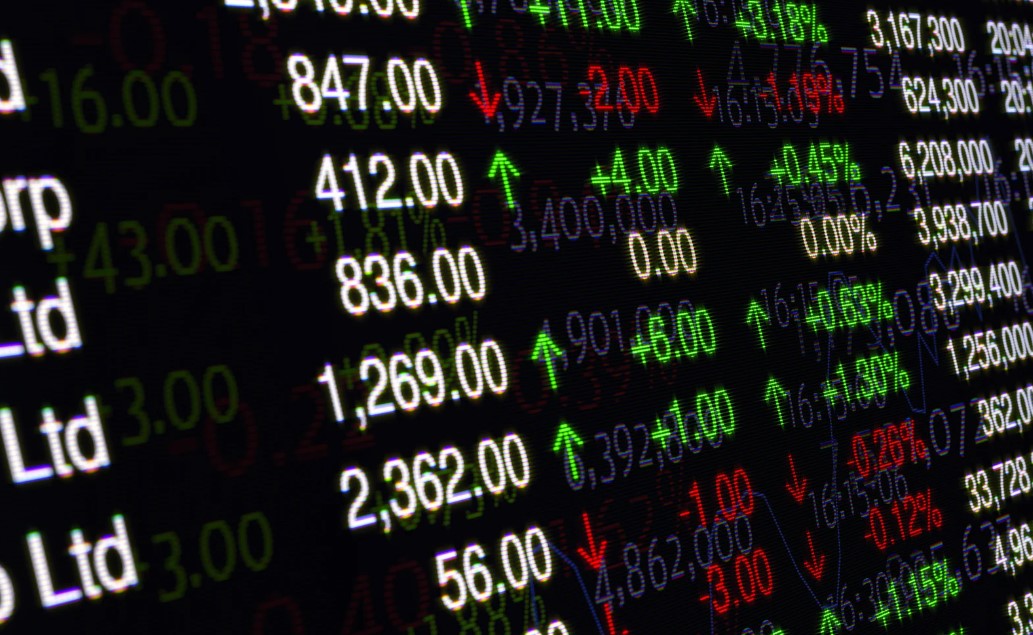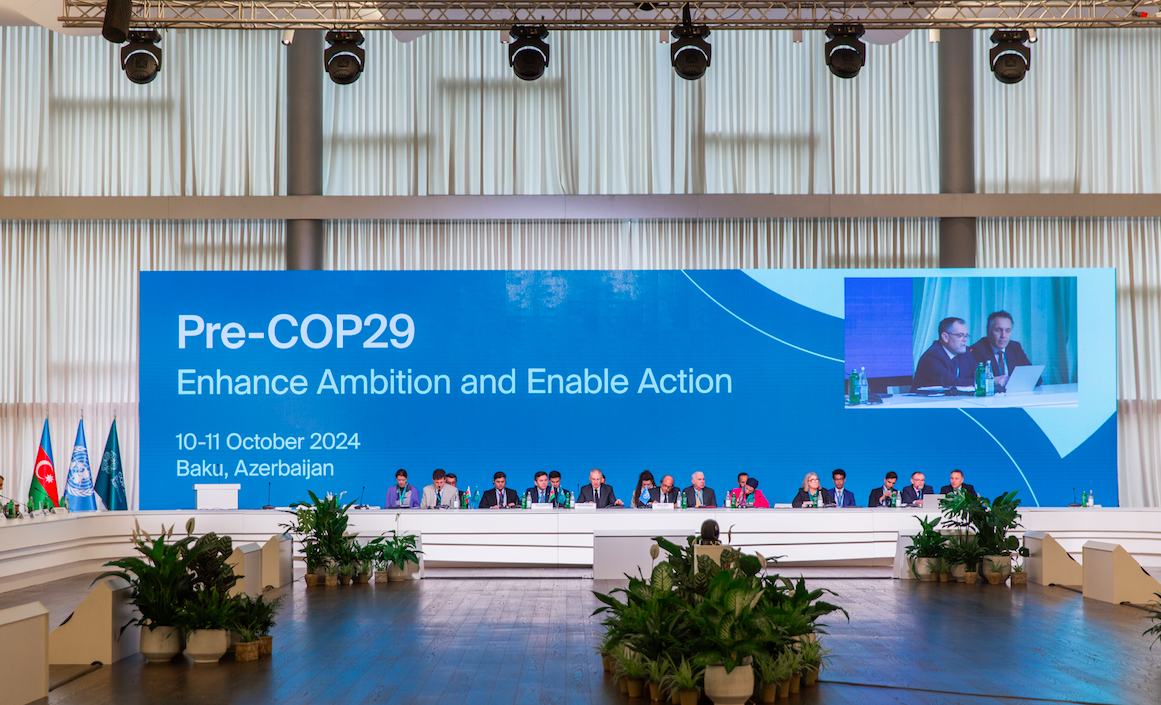SIX Buys Aquis, the Seventh-Largest Trading Platform in Europe, for 234 Million Euros
| By Amaya Uriarte | 0 Comentarios

European stock exchanges strengthen their potential. SIX Group AG (SIX) has announced an agreement to acquire Aquis Exchange Plc (Aquis), the seventh-largest trading platform in Europe, for 234 million euros. According to their statement, the offer values the entire issued and to-be-issued share capital of Aquis at approximately 250 million euros (207 million British pounds) using a treasury shares methodology. SIX views this acquisition as a key opportunity to complement its strategy of expanding its trading business beyond its national markets. The combined resources and capabilities of SIX and Aquis create a pan-European exchange that encompasses traditional primary market exchange businesses and MTF (Multilateral Trading Facilities).
Both companies emphasize their shared philosophy regarding innovation in capital markets, liquidity, and providing options to users, further enhancing SIX’s ability to serve clients in Switzerland, Spain, and across Europe. “The unique value proposition of combining Aquis’ cutting-edge technology solutions business with SIX’s capabilities opens the door to recurring revenue streams. Additionally, it offers the opportunity to create a competitive pan-European listing hub for growth companies by combining Aquis’ and SIX’s growth company listing segments,” they explain.
The companies highlight that Aquis offers SIX the chance to expand its current trading offering by adding Aquis’ MTF business to SIX’s existing primary market listing and data activities, thus extending SIX’s pan-European presence beyond its national markets. Clients and shareholders of SIX benefit from the enhanced capabilities of the combined group and pan-European access to trading services, along with new growth opportunities and the strengthening of the Swiss and Spanish financial centers.
SIX shares with Aquis a strong commitment to innovation in capital markets and sees Aquis as having a similar philosophy regarding liquidity, offering opportunities to users and challenging traditional pan-European operators across the entire value chain of trading. “Aquis’ cutting-edge technology solutions, combined with SIX’s expertise in trading, data, and multi-asset post-trade services, enable a unique value proposition that opens the door to recurring revenue streams,” they state.
Moreover, the combination with Aquis, whose infrastructure facilitates access to capital markets for SMEs and growth companies, is expected to create an opportunity for a competitive pan-European listing hub that complements SIX’s existing segments for growth company listings. SIX expects Aquis to create an increasingly attractive offer for retail brokers by expanding SIX’s universe of tradable securities and improving the quality of retail liquidity execution across Europe.
Bjørn Sibbern, Global Head of Exchanges at SIX, remarked: “We believe that combining Aquis with SIX’s platform is an attractive opportunity to unite two companies that share a commitment to innovation in capital markets. The combination will add Aquis’ strong offering to our traditional primary listing and data businesses, complementing SIX’s growth company listing segments. As part of SIX, Aquis will continue to operate with its existing brand and business model with maximum agility, while benefiting from our resources, scale, and new investments, thereby enhancing its ability to further develop its operations. We look forward to welcoming the Aquis team to SIX and continuing to build an innovative pan-European exchange operator.”
Alasdair Heynes, CEO of Aquis, added: “I am immensely proud of the business we have built over the past twelve years. From its inception as a subscription-based exchange for startups in 2012, Aquis has evolved into a multi-product, diversified European exchange group that creates and facilitates more efficient markets for a modern economy. This has only been possible thanks to continuous technological innovation and the tireless efforts of our staff. Aquis has a clear path for growth ahead; however, the Board acknowledges that there are always some operational, commercial, and market risks associated with creating future value. The cash offer reduces the risk of future value creation and provides Aquis shareholders with significant premium value. As part of SIX, we have an exciting opportunity to accelerate the development of our business and compete more effectively at a European level, while retaining our entrepreneurial spirit. SIX shares our deep commitment to innovation in capital markets, and together we will be better positioned to help SMEs and growth companies access capital markets.”









